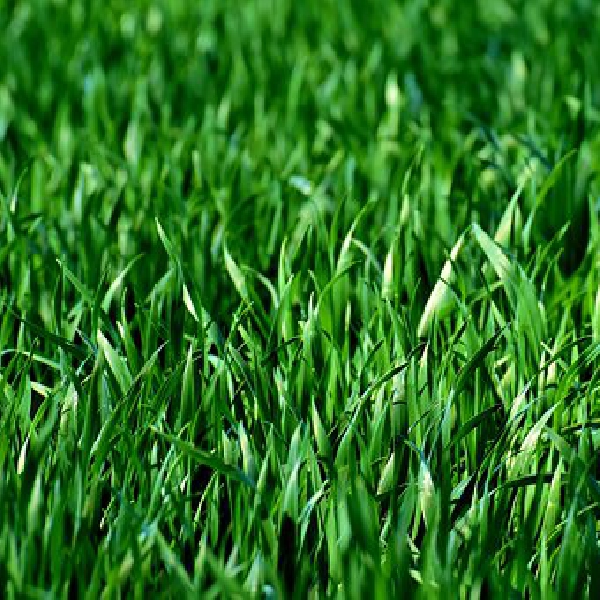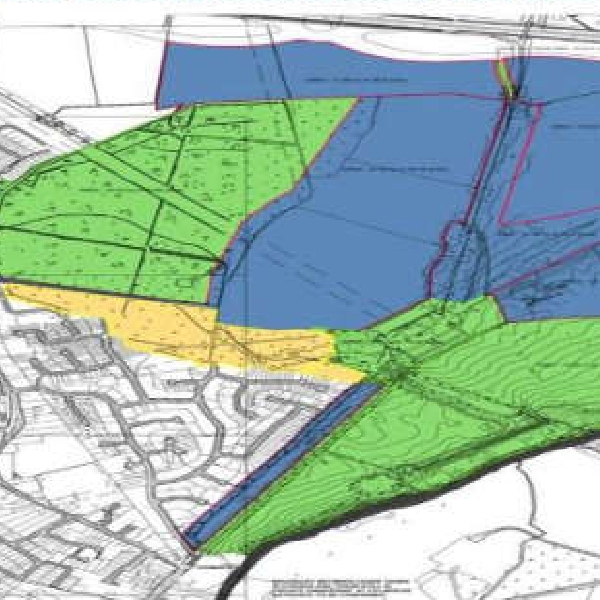
It's issued a series of recommendations for farmers.
Teagasc says variation in grass growth and feed supply due to weather conditions is inevitable in some Irish farming systems.
The Irish Examiner reports that "A prolonged period of adverse weather will test the resilience of the whole farm system."
Teagasc has identified steps to be taken at farm and industry level in this regard, including building an appropriate rolling reserve into farm fodder plans; increasing feed storage capacity on farms and promoting grass measurement and feed budgeting.
John Spink is Teagasc Head of Tillage and Crops.
He joined Clem Ryan on Thursday's edition of Kildare Today.
Using a ‘one big first cut’ approach to make silage increases the risk of fodder shortages because second cut yields & annual grass production are reduced by pushing first cuts towards mid-June. James Dunne, Dairy Specialist has some advice https://t.co/AcSqSsIZZc #TeagascDaily pic.twitter.com/OR7dib13yt
— Teagasc (@teagasc) May 19, 2021



 Analysis: Damning Reports Detail Rot, Fire Risks And Rodents At "Temporary" Celbridge Primary School
Analysis: Damning Reports Detail Rot, Fire Risks And Rodents At "Temporary" Celbridge Primary School
 Kfm Obituary Notices
Kfm Obituary Notices
 Major Curragh Community College Project Moves Ahead After Years Of False Starts
Major Curragh Community College Project Moves Ahead After Years Of False Starts
 Plans For Walking Trail Within Castletown House Lands Under Consideration Subject To Removal Of Laurel
Plans For Walking Trail Within Castletown House Lands Under Consideration Subject To Removal Of Laurel
 Council Blames Stolen Cars As It Refuses Warning Signs At Crash-Prone Bridge In Celbridge
Council Blames Stolen Cars As It Refuses Warning Signs At Crash-Prone Bridge In Celbridge
 Naas No-Shows Add To Driving Test Pressure As Kildare Test Queue Hits 1,975
Naas No-Shows Add To Driving Test Pressure As Kildare Test Queue Hits 1,975
 Naas Hospital Promised Just 21 Extra Mental Health Beds At Lakeview Ward - With No Timeline In Sight
Naas Hospital Promised Just 21 Extra Mental Health Beds At Lakeview Ward - With No Timeline In Sight
 R405 Hazelhatch Road To Close Between Loughtown Road And Athgoe Road For Major Pipeline Works
R405 Hazelhatch Road To Close Between Loughtown Road And Athgoe Road For Major Pipeline Works



